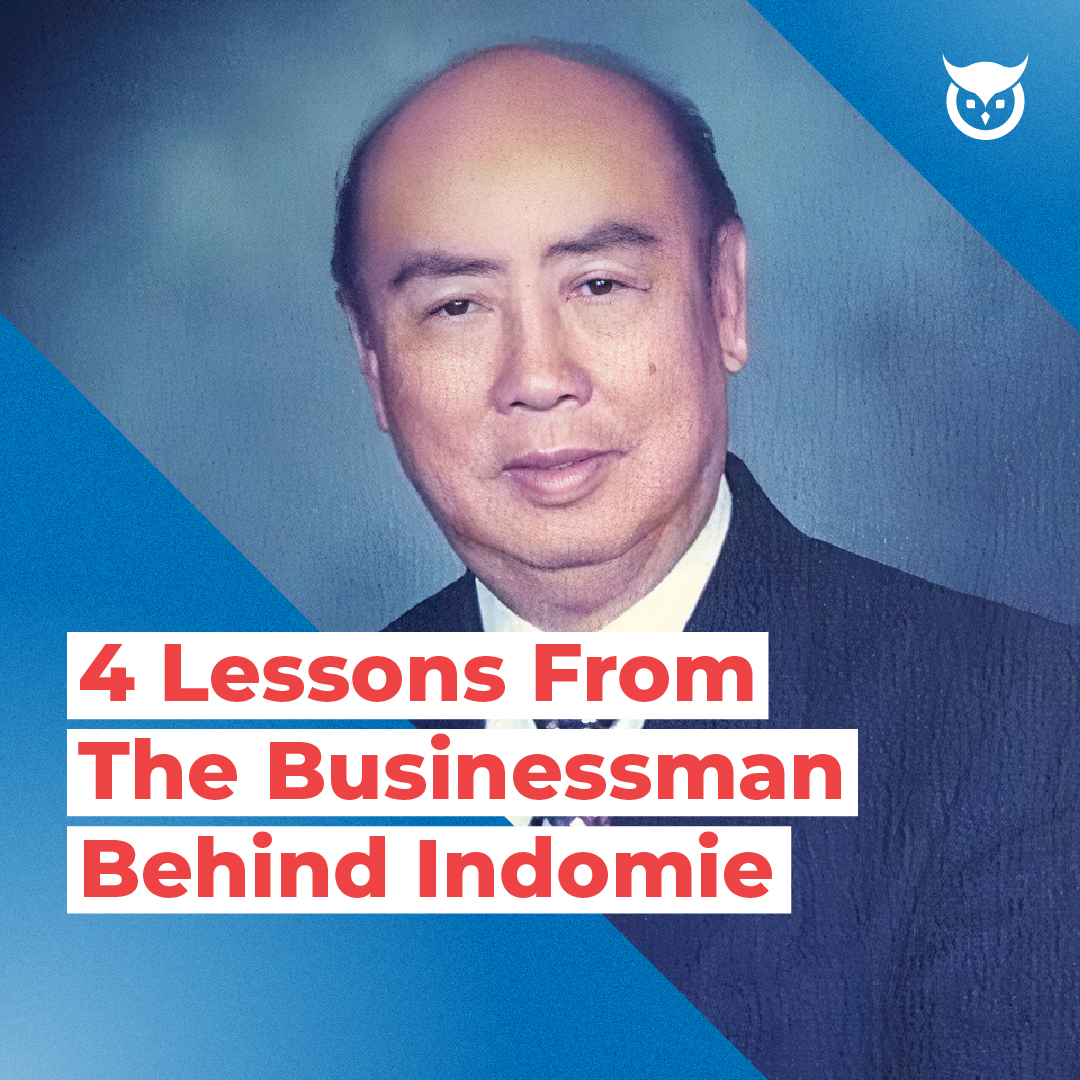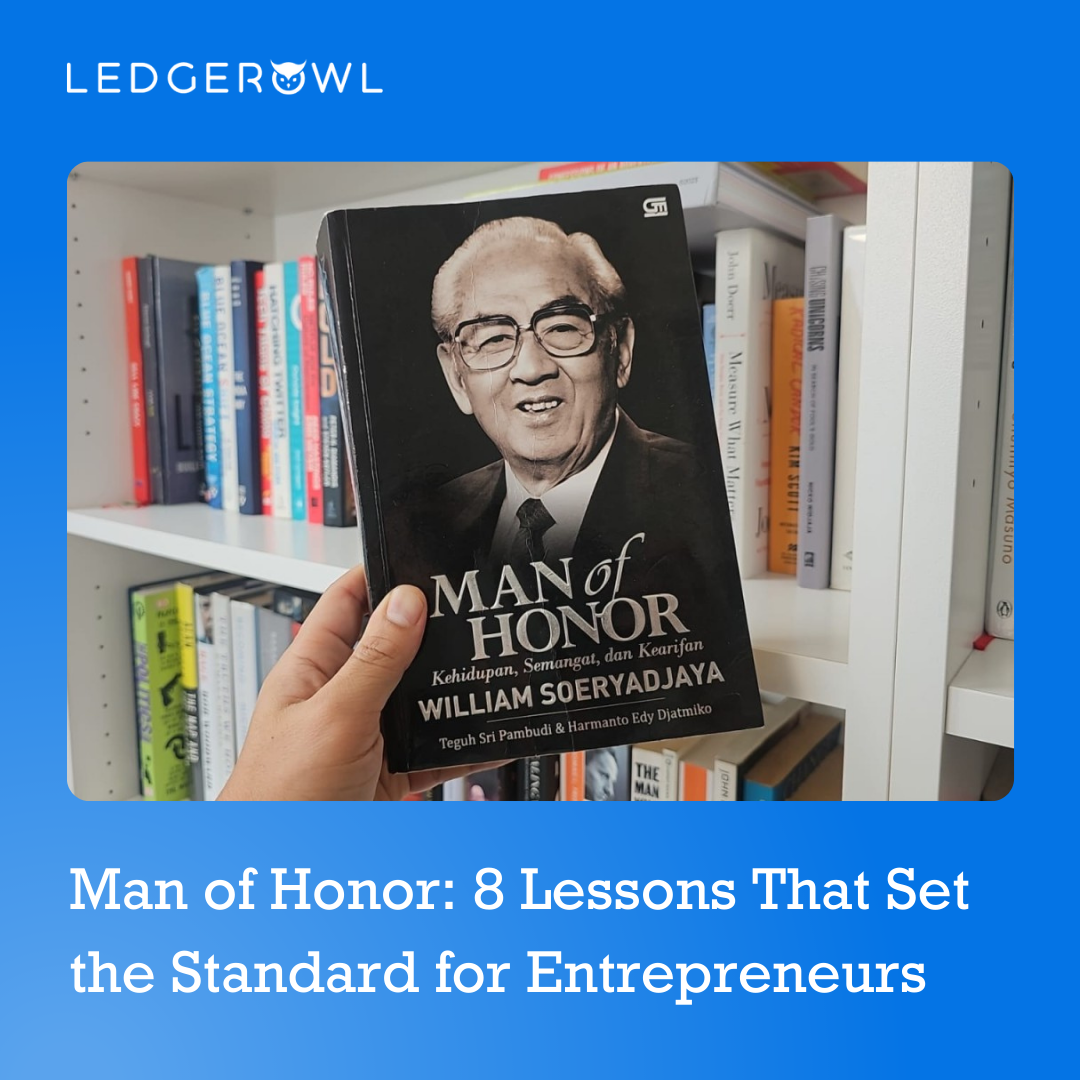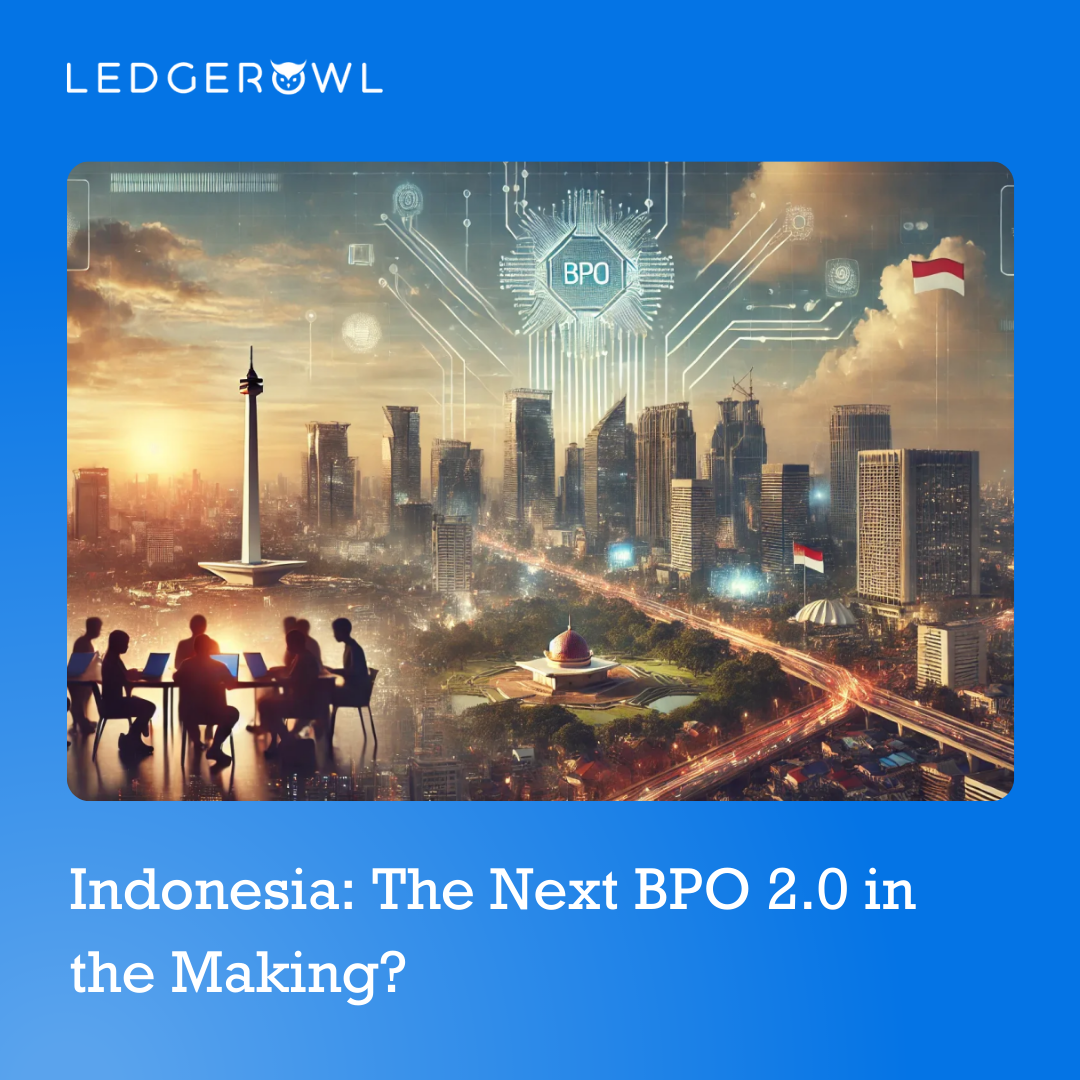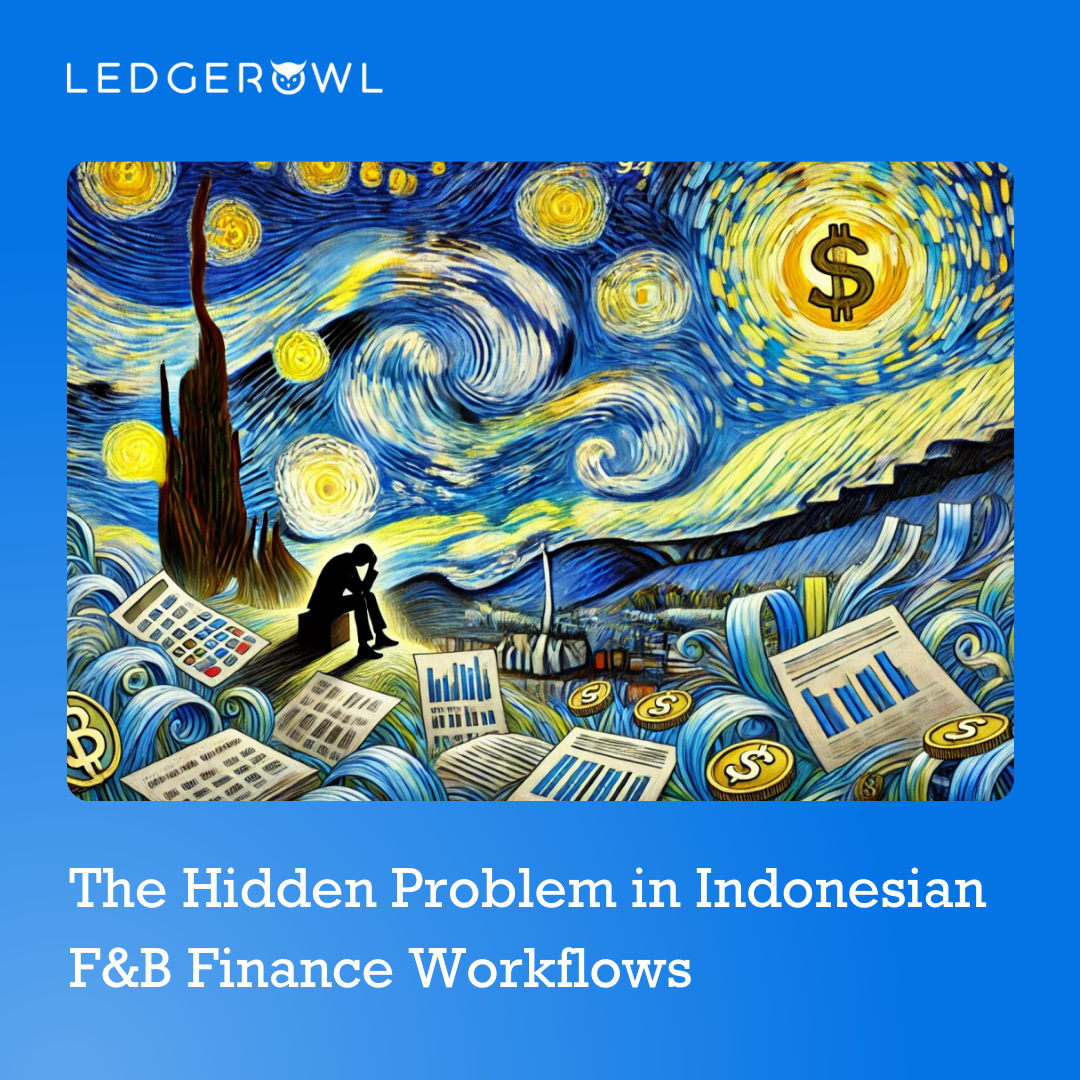Are you familiar with Indomie? The instant noodle took the world by storm and became very popular especially among thrifter and synonymous with student life. It rated 4.5 stars on Amazon, was sold-out during Christmas, and even ranked the best Instant noodle by the LA Times. In its home country, Indonesia, Indomie can be found in almost every household pantry and has been a staple food for Indonesians.
Indomie was produced and distributed by Indofood, one of Indonesia’s biggest FMCG companies. The company is also among the country’s biggest producers of a variety of packaged food, such as milk, dairy, snacks, and other day-to-day products. What many people often don’t realize is the entrepreneur profile who built the product and the businesses around it. During his hey-day, he also owned retail chains, media stations, even a bank. So, who is this individual?
Meet Liem Sioe Liong, also known as Soedono Salim, was a Chinese-born Indonesian entrepreneur.
He was the man behind Salim Group, the largest and most recognized conglomerate in Indonesia. In the 90’s, their business portfolio varied across various sectors, BCA (the largest private bank), Indomaret (outlet retailers), Indosiar (TV network), and of course the Indomie producer, Indofood. His wide variety of businesses made him the richest person in Indonesia.
Despite all of his success, his journey was not always easy. Salim came from a lower-income family, his father was a farmer in Fujian, China. At the age of 15, he had to quit school due to his poverty situation and went to work alongside his dad to support their family.
Despite the unfortunate circumstances of his early life, he became one of the most successful businessmen in Indonesia by contributing to the growth of the country’s economy.
At Ledgerowl, we love success stories, and here are some lessons we could learn from his life:
Not afraid to take a risk
In hopes to follow his brother’s path, Salim migrated to Indonesia from Fujian, China in his early 20s. He arrived in a different location 5 hours away from his brother’s town. Salim knew no one at the time of his arrival and did not speak the local language. Since he had no more money left to take the transport to his brother’s town, he was homeless for 4 days before his brother came and picked him up.
His courage to take this risk to put himself in a new country while not knowing what the future holds for him is something that we all could appreciate. Not everyone goes through with the idea of taking risks, Salim took it and the experience forged him to be what he was.
Give 110%
Salim arrived at Surabaya, Indonesia, on the day he came. He started off working as an employee at a local cracker company. His entrepreneurial spirit guided him to start a side hustle, supplying clove & tobacco to cigarette companies in Kudus. People have always known the small town of Kudus as the producer of clove cigarettes in the country. One of the most well-known brands that started in Kudus is Djarum, which later on took control of Salim’s most-prized financial institution, Bank BCA. At the age of 25, he became the biggest clove supplier in Kudus.
Later on, His business took a hit when Japan occupied Indonesia in 1942. The war between Indonesia & Japan forced him to pause the clove supplying business, but his spirit to be an entrepreneur did not stop there. He pivoted his business from supplying clove to supplying the logistics for the war.
Taking risks is only the first step towards success, one of the most important ingredients in his success is hard work and there’s no substitute for hard work. Despite his early success as a clove supplier, he had to face a grim reality of external conditions and forced him to restart his business all over again.
Ideas are everywhere
The noodle is exported worldwide, reaching over 60 countries, including Nigeria, where it has become a staple food. Turns out, his Indomie idea can be traced all the way back even before he moved to Indonesia. At 15, Salim quit school in Fujian to support his family, starting a livelihood by selling noodles.
Another great story from him was right after the Japan invasion. Salim saw that the Indonesian military needs logistics to fight this war, and he started a new business to accommodate that. He provides logistical supplies for the army, such as weapons and medicine for soldiers on the battlefield. This business brought him to the capital city of Indonesia, Jakarta, and opened a new opportunity for him & his business.
Steve Jobs once said, “you can’t connect the dots looking forward; you can only connect them looking backward”. Looking at Salim’s story now, we learn a valuable lesson about a business idea that can come from everywhere, even something that is so close to you.
Realize you can’t control everything
In 1997, there was a financial crisis that gripped much of East Asia and Southeast Asia. Indonesia was hit hard by this crisis. Riots erupted, currency devalued, prices surged, Suharto stepped down, and Salim’s business collapsed due to the monetary crisis. He also had to pay a debt of Rp 52.7 trillion through the handover of his 108 companies.
List of companies that were previously owned by Salim:
- BCA Group (now owned by Djarum)
- PT Nestle Indonesia (sold to Djarum)
- PT Pepsi-Cola Indobeverages (left Indonesia)
- PT Indosiar Karya Media Tbk (sold to Emtek)
- PT Indocement (now owned by HeidelbergCement)
- PT Indomiwon Citra Inti (now owned by Daesang Corporation)
You should always focus on what you can control, but sometimes there are other things that can always happen.
Reflecting on Salim’s life journey, It’s not a surprise he could develop such an amazing company with iconic products like Indomie. His familiarity with flour & noodle combined with an exceptional spirit of entrepreneurship made him one of Indonesia’s most successful entrepreneurs. If right now you want to start a business and have absolutely no idea, have a look around yourself. What are you really familiar with? Maybe, just like Salim, you could also build a great company from it!



